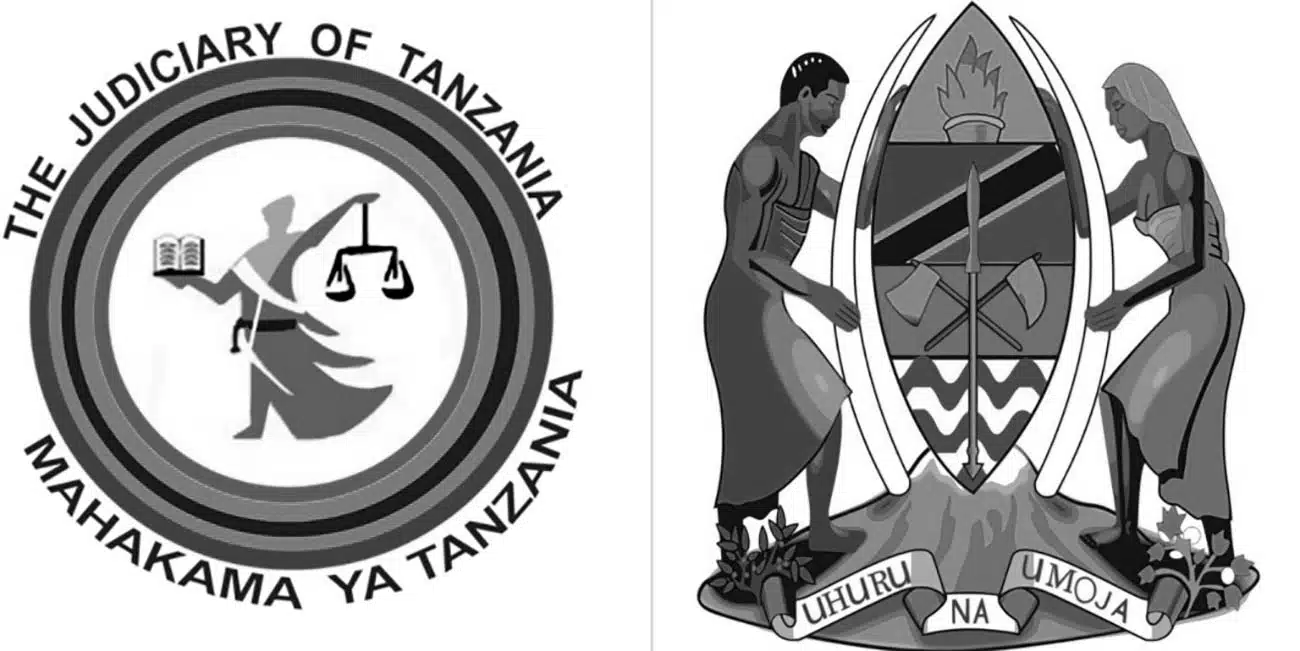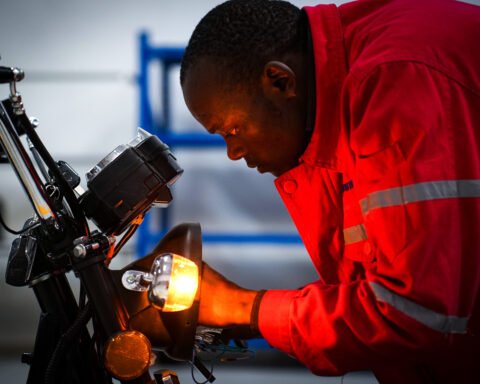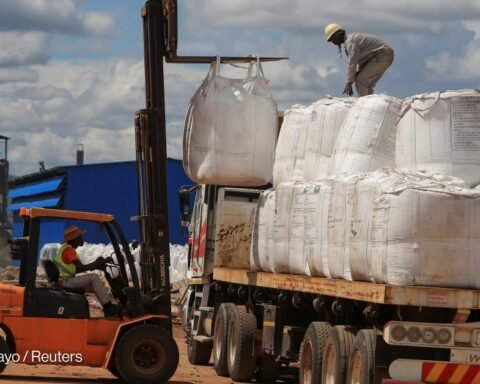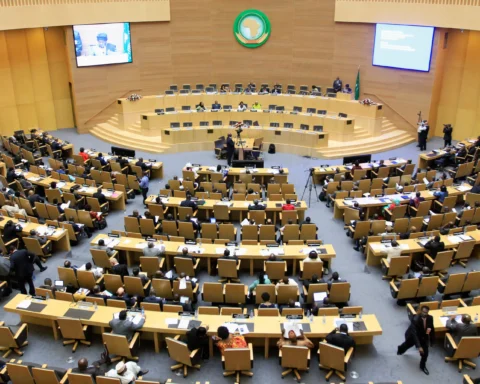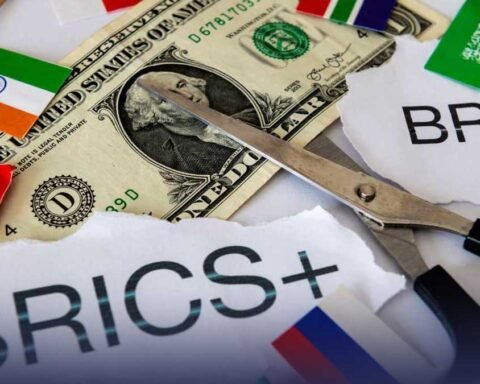A growing unease is unfolding in Tanzania as government officials raise alarm over what they call “undiplomatic conduct” by certain Western envoys.
From attending politically sensitive court sessions to issuing public statements in the name of human rights, their actions have sparked debate over the fine line between diplomacy and interference — and revived long-standing concerns about neocolonial influence.
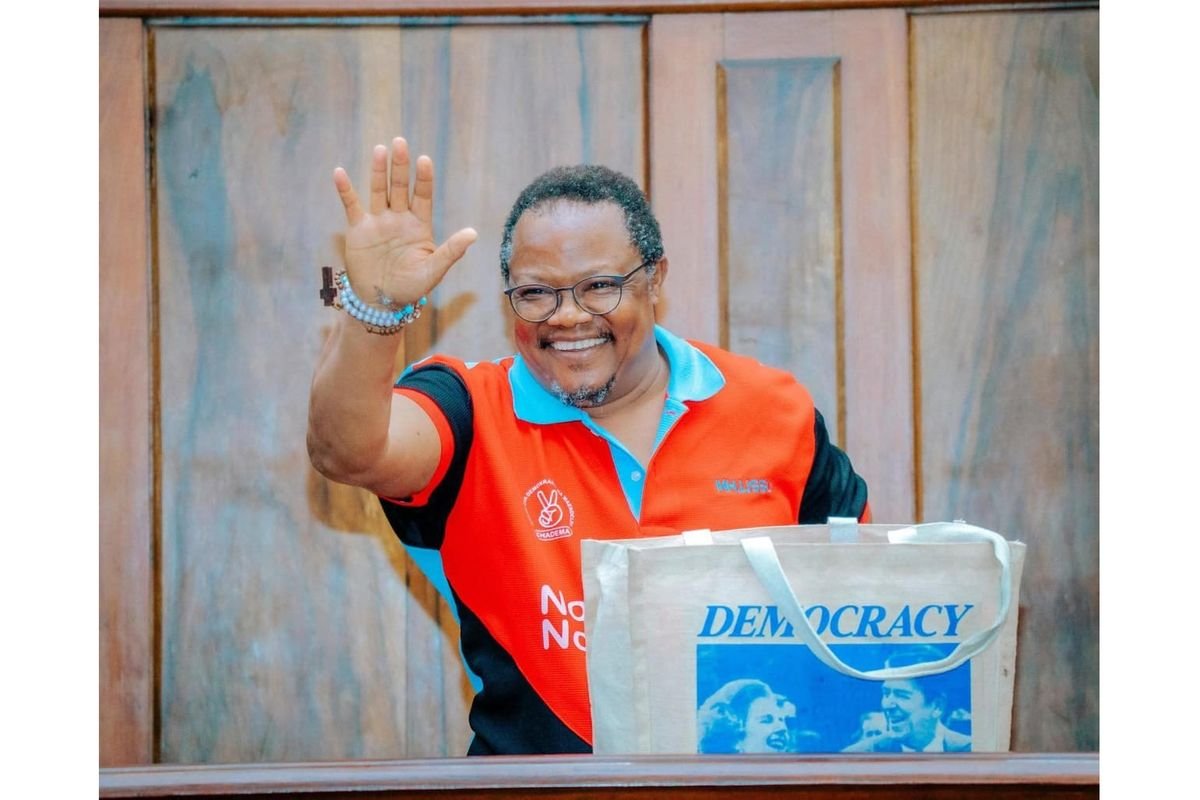
The latest controversy centers around opposition politician Tundu Lissu, whose ongoing trial at the Kisutu and later at the High Court has drawn not only local and international media attention but also the presence of foreign diplomats. Staff members from the U.S. Embassy and New Zealand Mission were reportedly barred from entering the courtroom after authorities stated they lacked clearance from the Ministry of Foreign Affairs.
Officials argued that such unapproved attendance at politically charged proceedings violated established diplomatic protocol.
This incident reignited an enduring question: When does diplomatic observation become interference?
President Samia Suluhu Hassan publicly addressed the issue on May 19, 2025, during the launch of Tanzania’s 2024 Foreign Policy document in Dar es Salaam. In one of her most pointed remarks to date, she warned foreign and regional activists against actions that could disrupt national harmony.
“Tumeanza kuona mtiririko wa wanaharakati wa region hii kuanza kuingilia mambo yetu huku… tusitoe nafasi,” Samia cautioned, stressing that Tanzania must not become “shamba la bibi” — a free field where anyone can enter and issue statements.

Her warning underscored growing frustration within government circles that some Western diplomats and NGOs have blurred the boundary between supporting human rights and meddling in domestic affairs.
Days later, Foreign Affairs and East African Cooperation Minister Ambassador Mahmoud Thabit Kombo echoed the president’s sentiments, grounding the government’s position in international law. Speaking in Zanzibar, he reminded foreign missions that the Vienna Convention on Diplomatic Relations of 1961 obliges diplomats to respect the laws of their host country and to refrain from internal interference.
“No minister or ambassador from Tanzania or Africa can go to England and start commenting on their internal issues,” Kombo emphasized. “Likewise, foreign envoys here must operate within the limits of their accreditation.”
Also Read; Trump Revives Global Trade Battle With Tariffs
He added that diplomats wishing to attend court sessions or politically sensitive events must seek prior authorization from his ministry — a measure aimed at safeguarding both diplomatic relations and judicial independence.
To Tanzanian officials, the issue is not merely about etiquette but about protecting the nation’s sovereignty. They argue that diplomatic involvement in political trials risks emboldening opposition actors, distorting public perception, and undermining peace.
“When envoys behave like activists,” one senior CCM official told local media, “they stop being observers and start being participants.”
However, human rights advocates and some Western missions counter that attending trials promotes transparency and ensures fair proceedings — not interference. They maintain that monitoring politically sensitive cases aligns with universal human-rights principles.
Still, the optics have not favored Western missions. The image of foreign diplomats following political trials evokes colonial-era memories for many Tanzanians, who see such actions as a subtle form of surveillance — as if local institutions cannot deliver justice independently.
Against this backdrop, the government’s rhetoric on “neocolonial tactics” resonates deeply. CCM leaders often draw parallels to the post-independence period, when Western powers used aid conditionality to influence African policies. Today, they argue, such influence reappears in the form of human-rights and LGBTIQ+ advocacy tied to development assistance.
“Diplomacy should build trust, not tension,” noted one Dar es Salaam–based analyst. “But when diplomats act like opposition allies, they lose neutrality and reinforce perceptions that the West still wants to dictate Africa’s politics.”
The government’s firm response — restricting courtroom access, summoning envoys for clarification, and reaffirming the Vienna principles — reflects a more assertive foreign-policy stance under Samia’s leadership. It aligns with Chama Cha Mapinduzi (CCM)’s historic defense of sovereignty and national order, a philosophy dating back to Mwalimu Julius Nyerere.
Whether this standoff will cool or intensify remains uncertain. But for now, Tanzania’s message to the international community is unmistakable: Engage through proper diplomatic channels, respect national institutions, and remember the boundary between friendship and interference.

